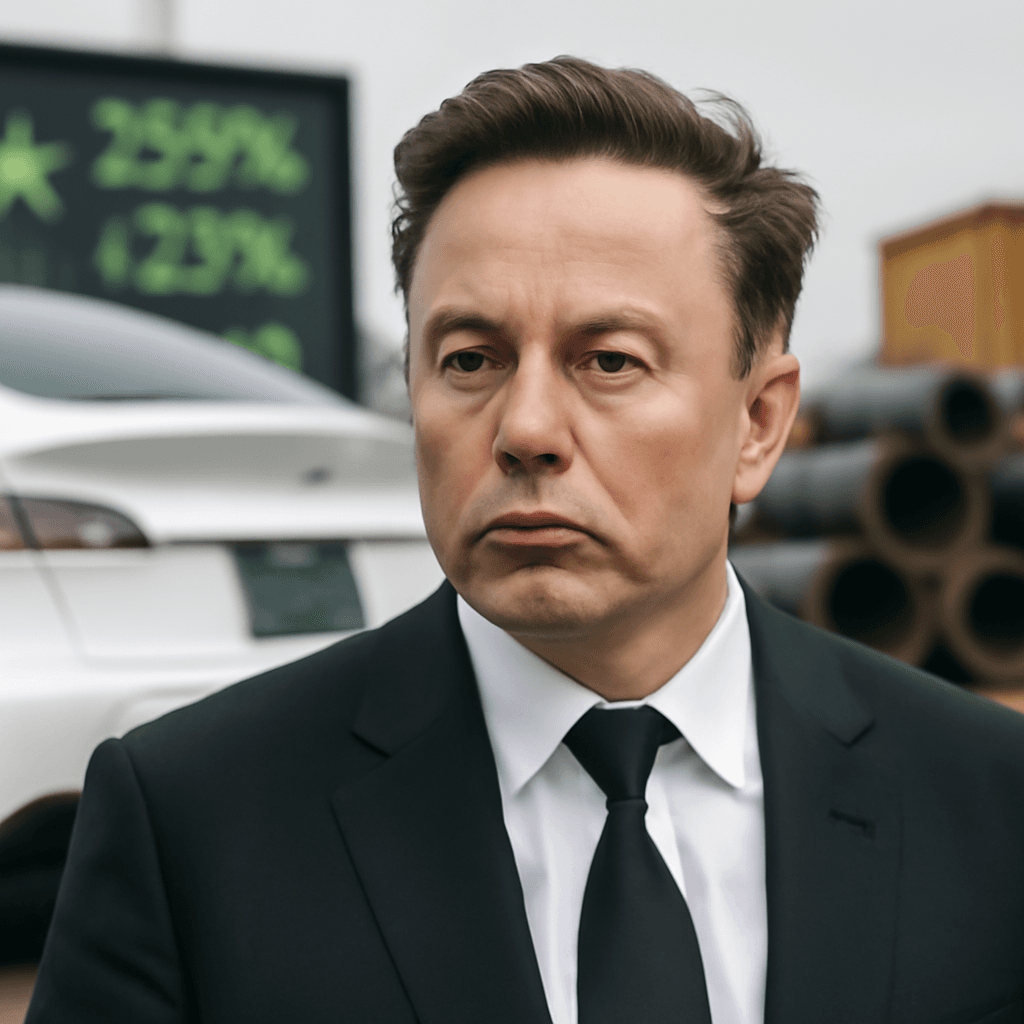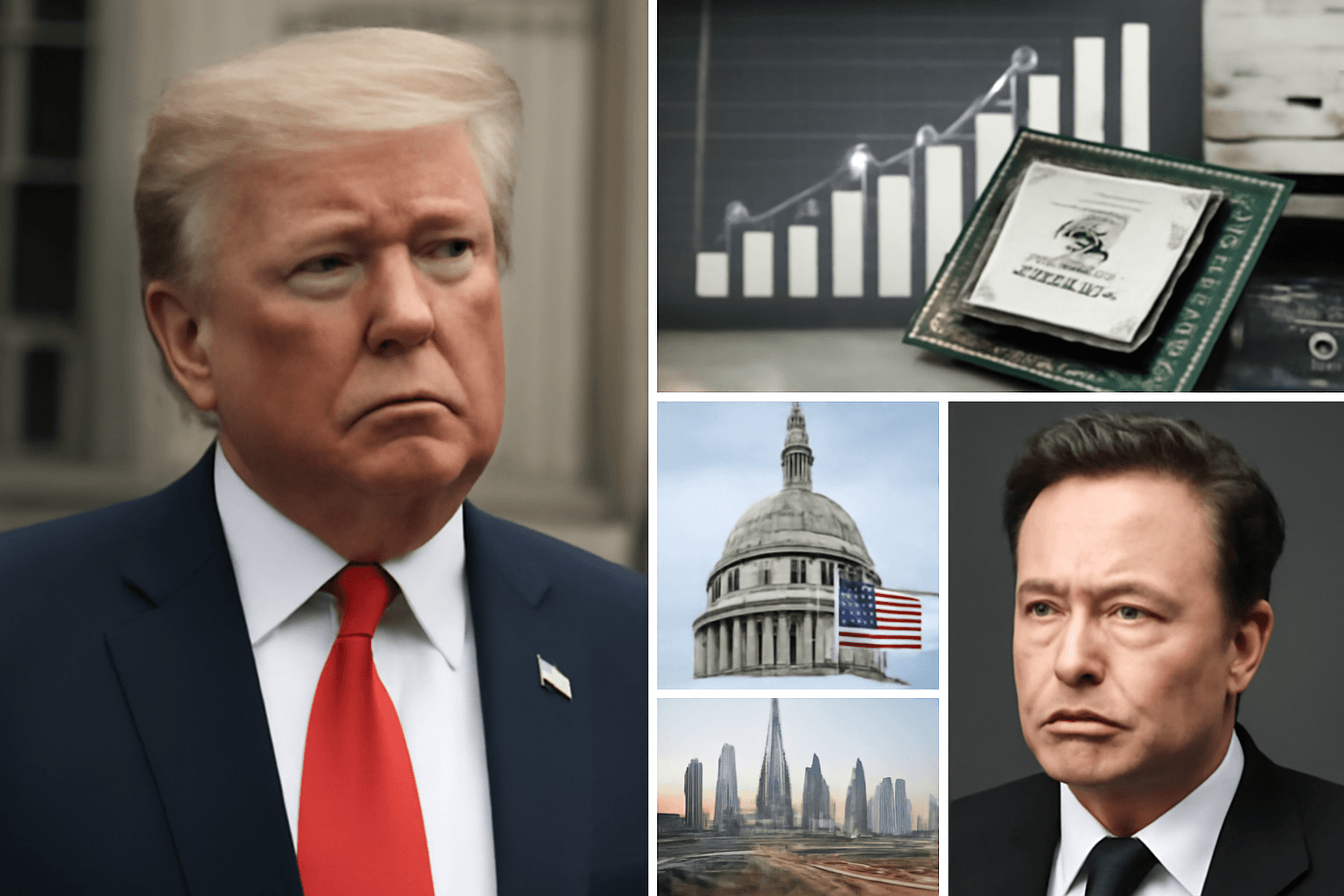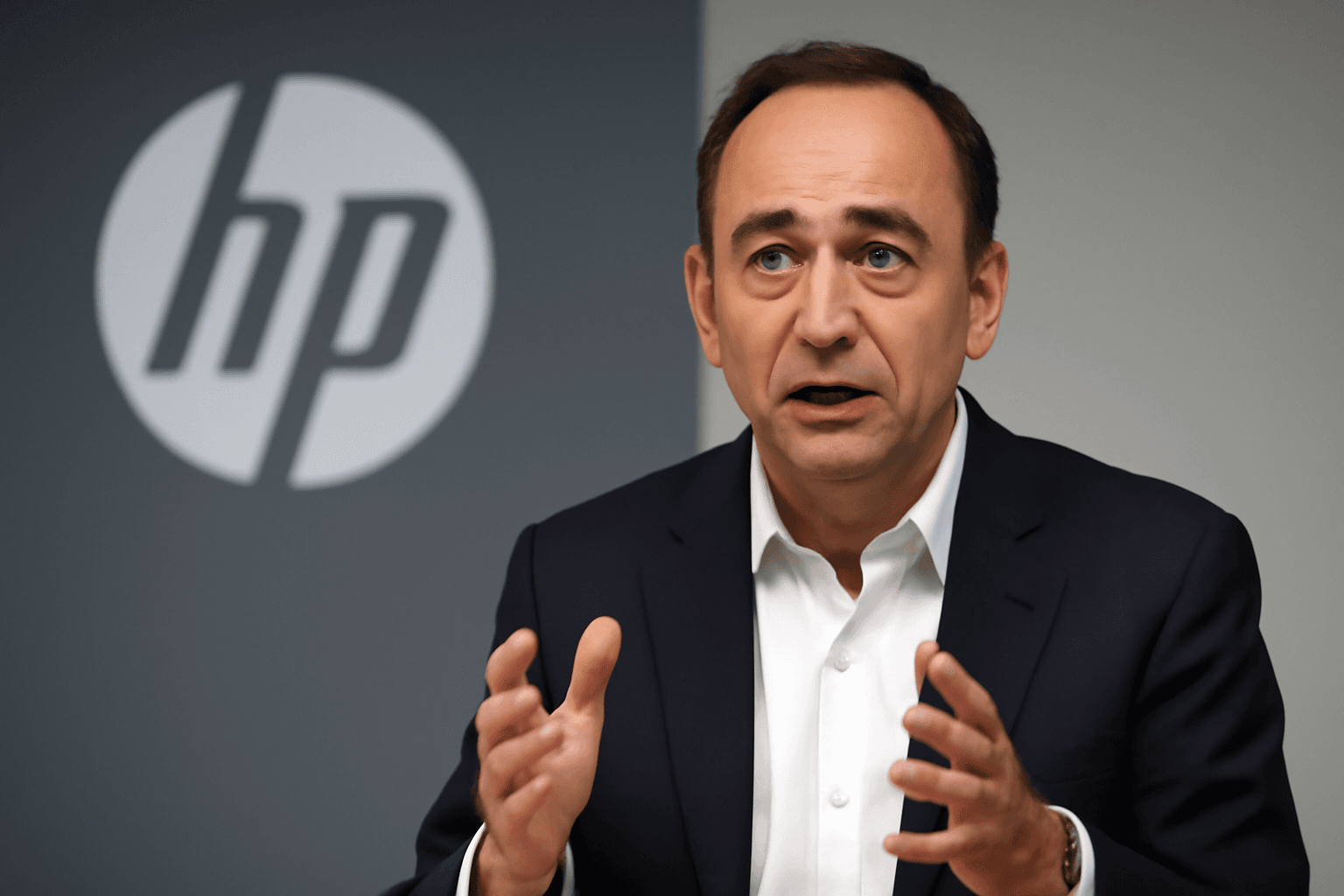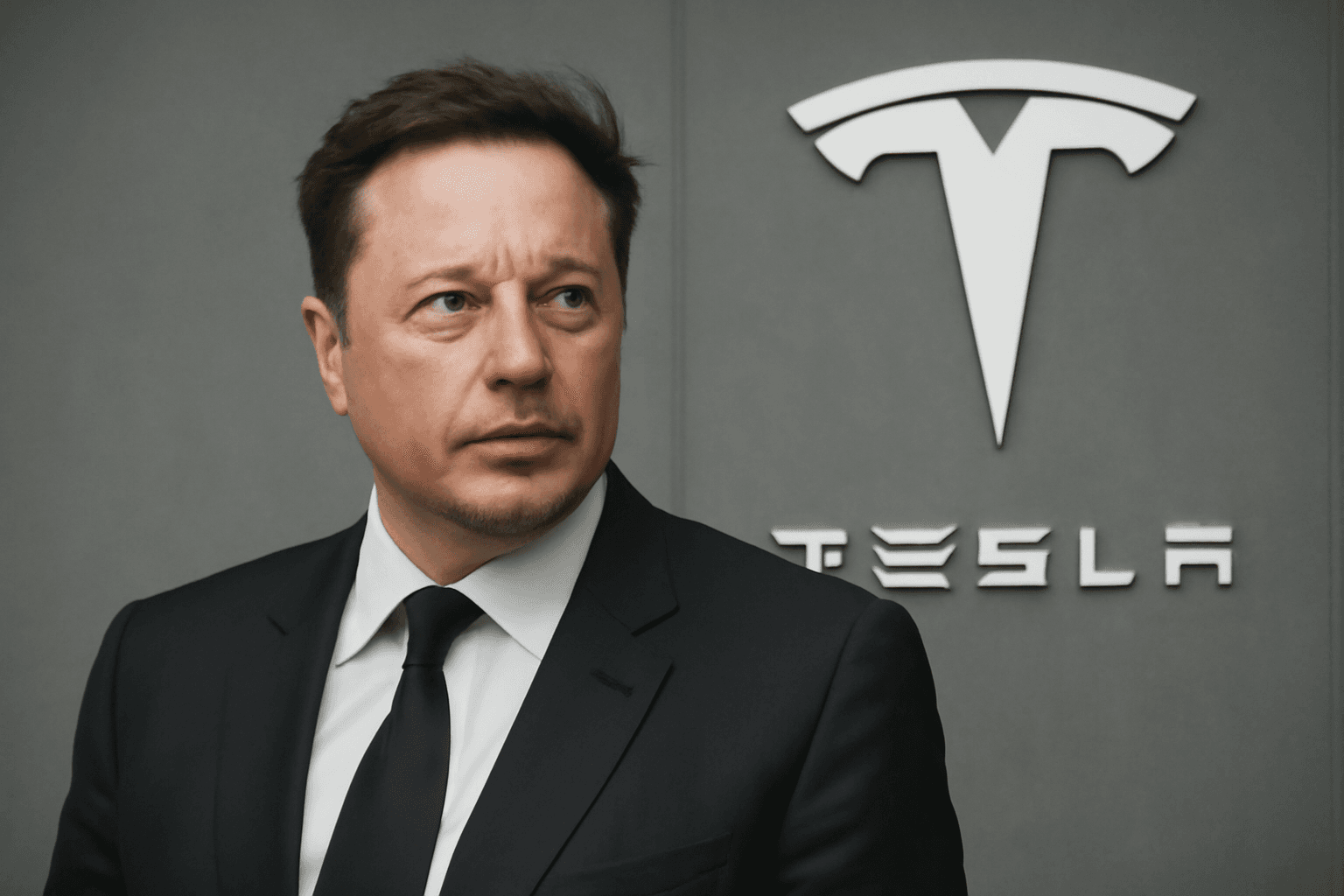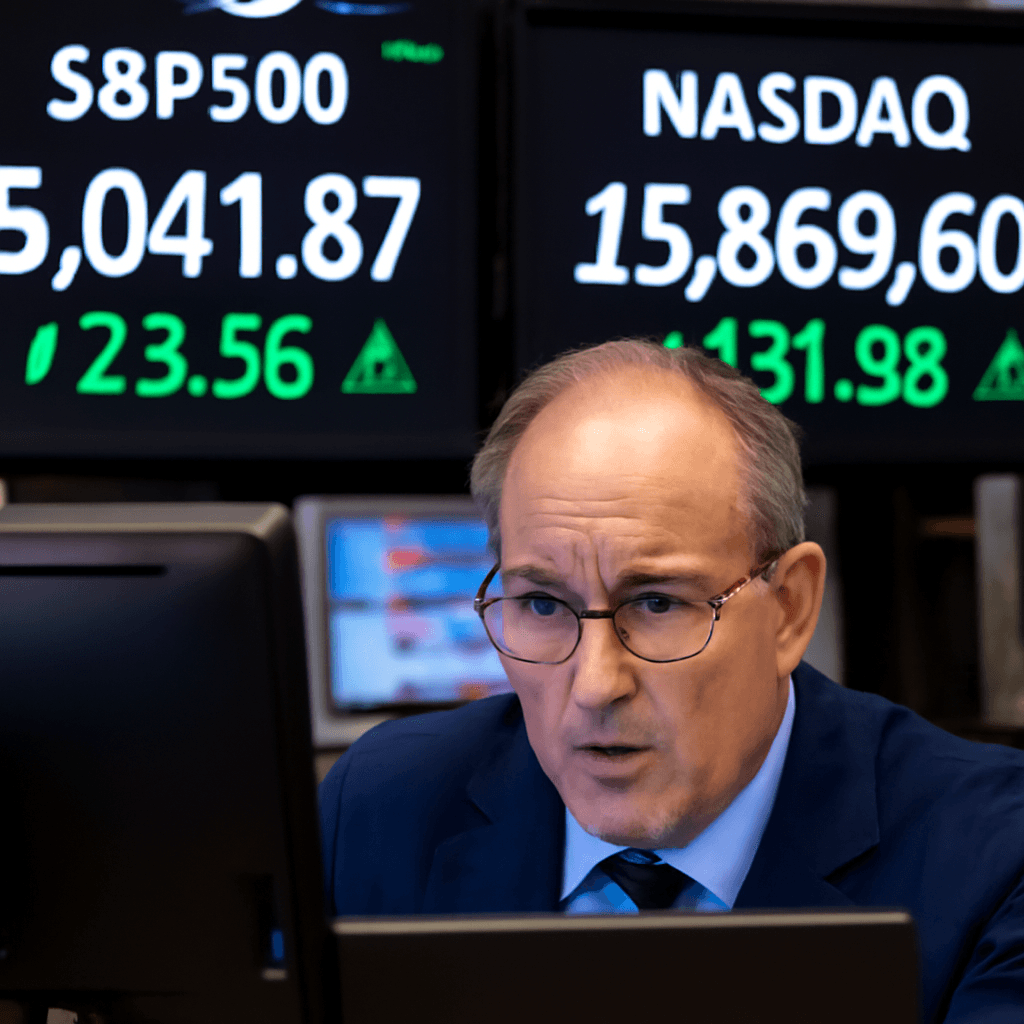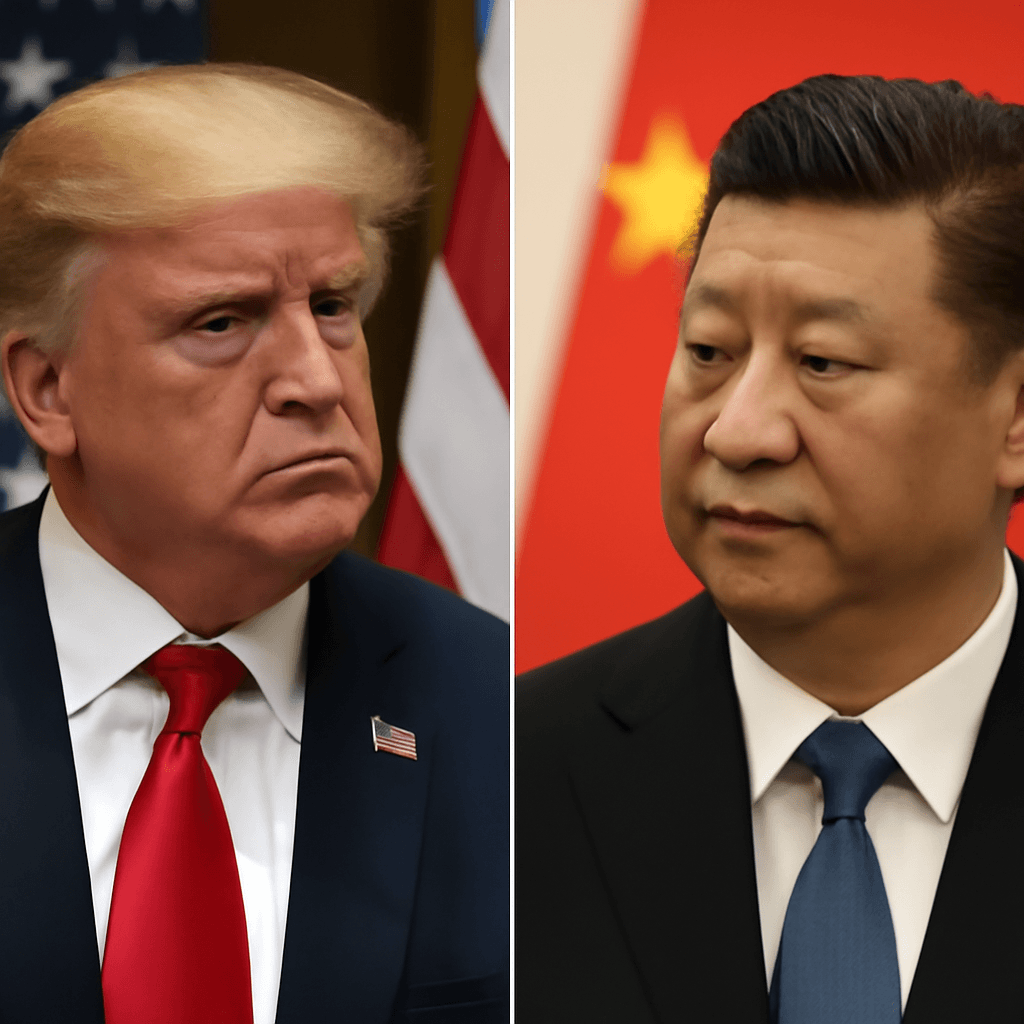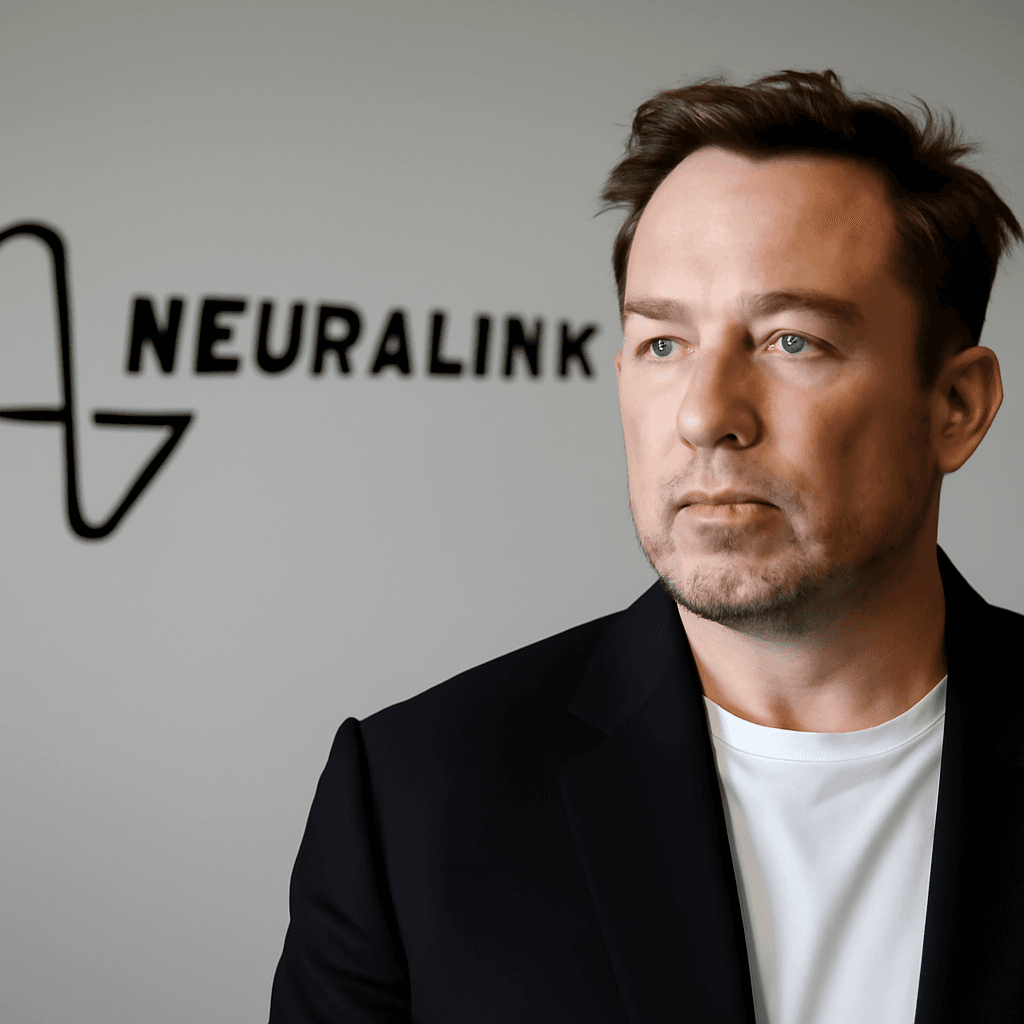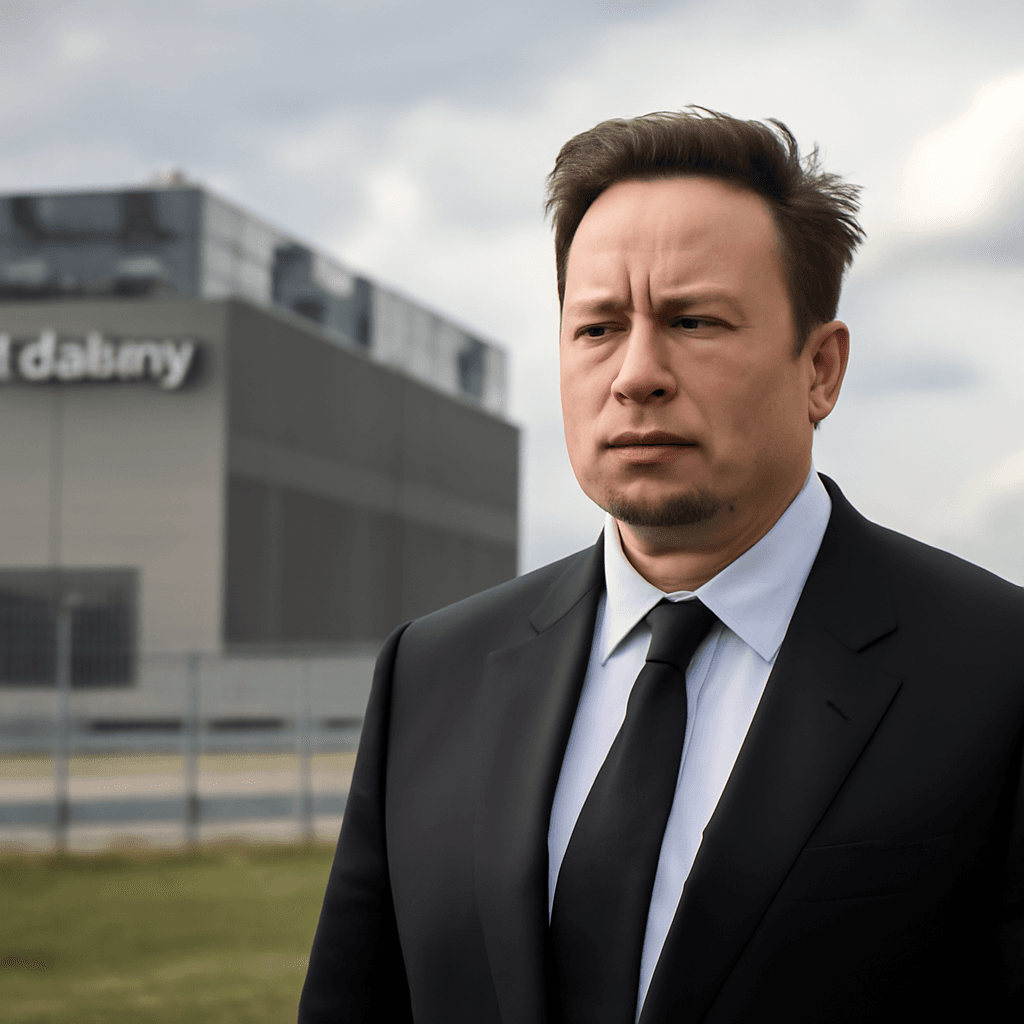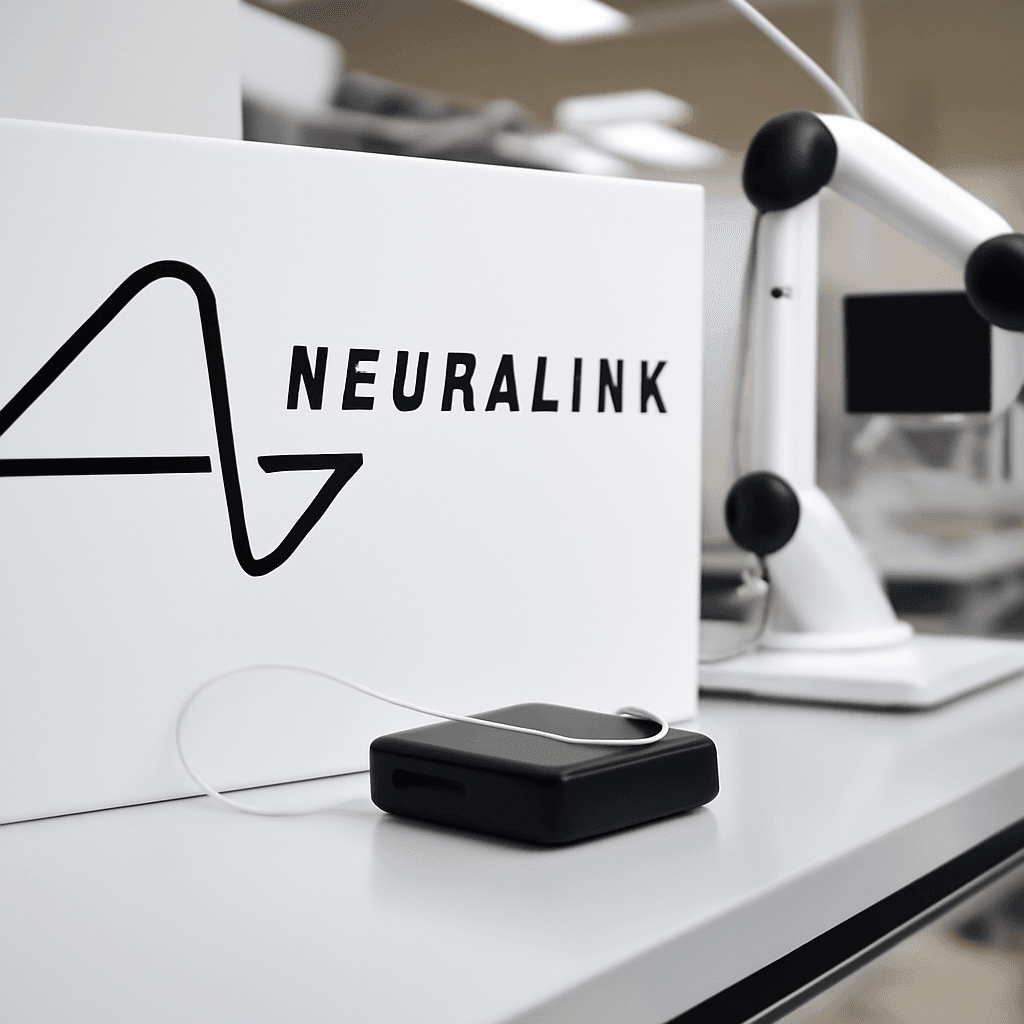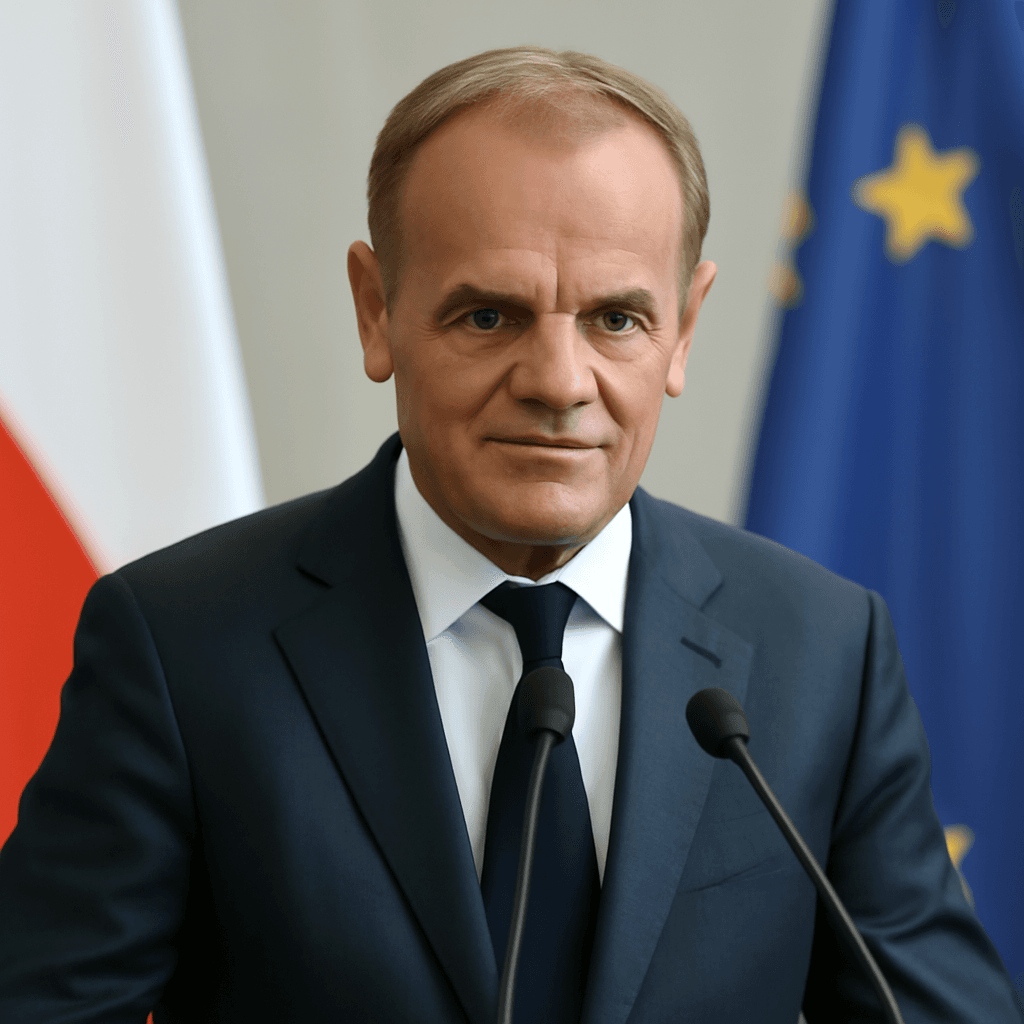Positive Developments in Elon Musk's Companies
Elon Musk’s businesses show notable progress as he resumes his direct involvement following a period focused on government advisory roles. Neuralink, the brain-technology startup founded by Musk, announced a successful funding round, raising $650 million led by prominent investment firms including ARK Invest and Sequoia Capital.
Meanwhile, Tesla exhibited remarkable growth in Norway, where sales of new vehicles surged by 213% year-over-year in May, driven primarily by the revamped Model Y compact SUV. This increase contrasts with declines in Tesla sales in other European countries such as Spain, Portugal, Denmark, and Sweden.
Impact of Musk's Leadership
Although these achievements coincide with Musk’s renewed leadership focus, the correlation between his involvement and company performance is not definitively direct. Both Neuralink's investment round and Tesla’s sales results unfolded while Musk was engaged with governmental duties, demonstrating that these firms are fundamentally robust but also benefit from consistent, hands-on guidance.
Market Overview: U.S. and European Stocks
On the first trading day of June, U.S. stock indices posted modest gains:
- The Dow Jones Industrial Average advanced by 0.41%
- The S&P 500 edged higher by 0.08%
- The Nasdaq Composite increased by 0.67%
Conversely, most European equities experienced declines, highlighting regional market divergence.
Pharmaceutical Sector Highlight
The maker of Wegovy, a weight-loss drug, saw its shares rise by 1.9% in response to a U.S. ban on competing copycat medications.
U.S. Steel Tariffs to Elevate Domestic Prices
Recently imposed steel tariffs of 50% by the U.S. government are expected to raise steel prices domestically. Experts note that the United States, as a net importer with already high steel costs relative to global markets, will face further price inflation. This development is likely to create cost pressures across industries reliant on steel inputs.
Emerging Investment Trends Amid Fiscal Concerns
Concerns regarding U.S. fiscal policies and spending have fostered a new investment pattern dubbed "Anywhere But the USA." This trend signifies a shift towards diversification by international and institutional investors aiming to balance portfolios across multiple growth centers and cyclical market recoveries.
According to investment strategists, this recalibration emphasizes global balance and multi-polar economic growth, suggesting that markets outside the United States are becoming increasingly attractive destinations for capital.
Challenges for American Agricultural Exports in China
American agricultural products have experienced declining availability and competitiveness in Chinese markets, largely due to escalating tariffs and pricing pressures. For example, salt-baked American chicken feet, highly favored in certain Chinese culinary traditions, have become less accessible and more costly, forcing local restaurants to remove them from menus.
Prices for these imports surged approximately 30% since March, reflecting the broader impact of trade tensions on agriculture and food sectors.

